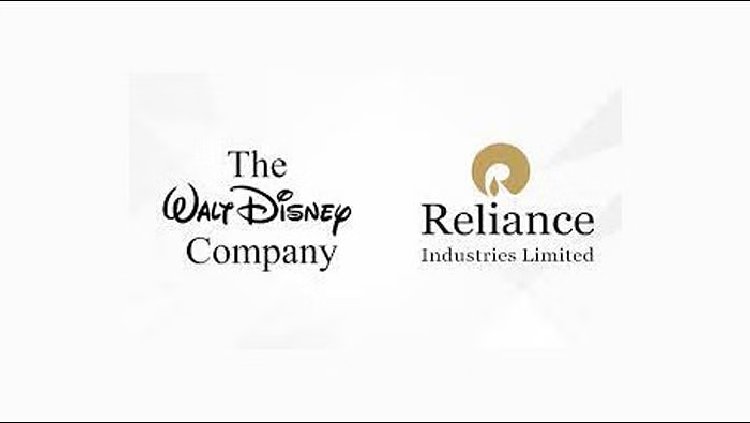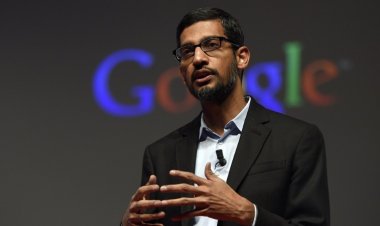Reliance-Disney Deal: Is Indian Media Shaping a Duopoly Future?
Reliance-Disney's 43% Ad Market Share and Zee-Sony's 25%: Changing Dynamics in the Indian Media Landscape with Limited Space for Others

After a prolonged period of speculation surrounding the acquisition of The Walt Disney Company's India business, it appears that a deal is on the brink of finalization with Reliance Industries Limited, owned by Mukesh Ambani.
According to a Bloomberg report, Disney is closing in on an agreement with RIL, and an official announcement could be made in the coming month. Following the deal's completion, Reliance Industries is expected to secure a controlling stake in Disney Star's business, while Disney may retain a minority stake. The valuation of the business differs, with RIL estimating it at $7 billion to $8 billion and Disney valuing it at $10 billion.
Experts in the industry anticipate that if the deal materializes, the Reliance-owned entity will emerge as the largest player in the Indian broadcasting market. Presently, Disney Star owns over 70 TV channels in eight languages, a streaming platform (Disney+ Hotstar), and a film studio. In contrast, Reliance's broadcast division, Viacom18, possesses 38 TV channels in eight languages, a digital streaming platform (Jio Cinema), and Viacom18 Studios.
Elara Capital reports indicate that Disney Star currently holds 32% of the ad market share, while Viacom18 has an 11% share, and Zee-Sony commands 25% of the ad market. If Reliance acquires Disney's India business, it will dominate with a 43% ad market share, posing challenges for other players.
Karan Taurani, SVP at Elara Capital, suggests that the collaboration between Reliance and Disney will bring structural disruption to the Indian media and telecom landscape. This disruption may lead to consolidations in the OTT sector, affecting global OTT giants operating in India and potentially causing Indian OTT platforms to shift to free offerings. Additionally, it will impact the telecom sector by expanding Jio's content offerings.
The impending merger of Zee and Sony, coupled with the Disney-Reliance deal, will likely result in the Indian broadcast sector having two major networks instead of four, potentially forming a duopoly.
Regarding the impact on the Indian OTT market, the Elara Capital report anticipates consolidation in the medium term. Broadcaster-based OTTs like Zee, Sony, and Disney, along with Jio Cinema and global giants like Amazon and Netflix, are expected to dominate this market.
According to the report, smaller OTT platforms may partner with larger platforms to achieve scale and profitability. Efficiency in technology, distribution costs, and content cost control will be crucial in achieving profitability for Indian OTT platforms.
The deal between Reliance and Disney will give both networks a monopoly in live sports, which are experiencing continuous growth in ad revenue. They collectively hold media rights for major cricket events, including the Indian Premier League, ICC Cricket World Cup, BCCI domestic matches, and Women's Premier League.
The Zee-Sony merged entity may not experience significant disruption due to the dominance of two major players in the TV ad market. This merger is expected to increase EBITDA margins, improve profitability, and potentially curb content costs.
However, there may be challenges associated with an overlap between Reliance and Disney's networks in certain markets and genres, leading to the discontinuation of some channels or properties.
The only potential hurdle for the Reliance-Disney deal could be the Competition Commission of India (CCI), which may scrutinize it to prevent the formation of a duopoly in the TV and OTT sector.
Notably, Disney Star reported revenue of Rs 5,299 crore in the past nine months, while in the same period, the sports business in India reported an operating loss of Rs 3,693 crore. In FY22, Star India's consolidated revenue from operations increased by 38.03% compared to the previous fiscal year, reaching Rs 17,480.62 crore.

 Sumit Rawat
Sumit Rawat 










